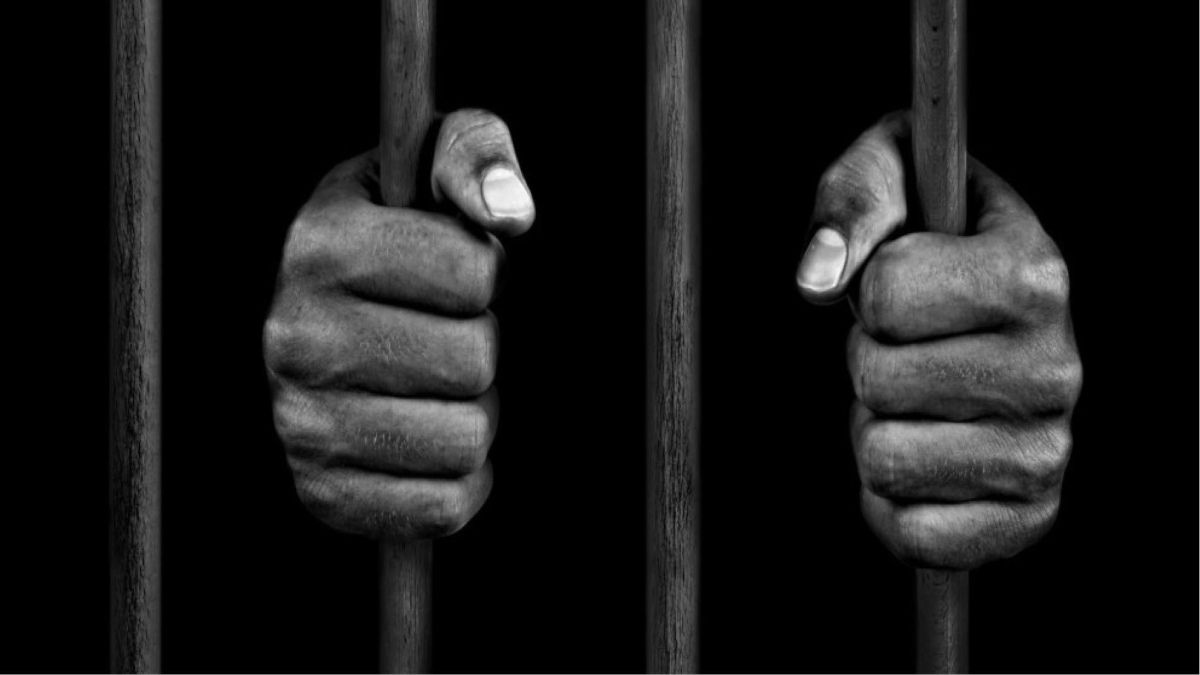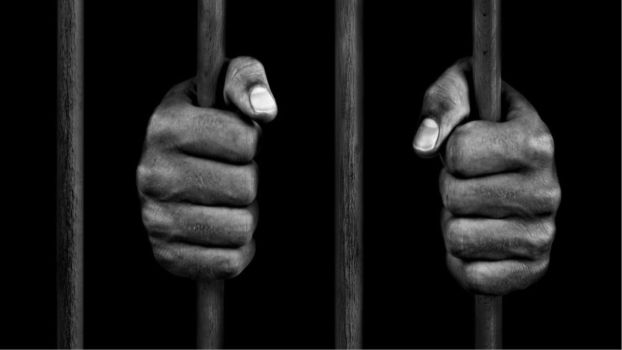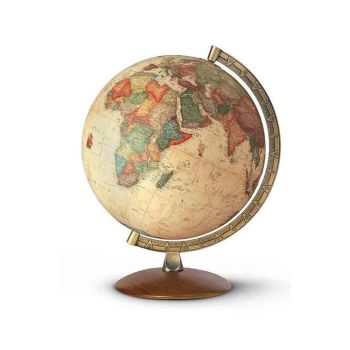
Giorgio Petti

On 21 March, members of parliament in Uganda approved a bill that criminalises even just identifying as LGBTQ, with some lawmakers in the conservative East African nation saying that the nationwide ban on same-sex relationships does not go far enough. The bill, introduced earlier this month and now converted into law, introduces tough new penalties against sexual minorities.
Under the new legislation, anyone who engages in "same-sex activity" or who just identifies as LGBTQ could face up to 10 years' imprisonment.
"The homosexuals are deviations from normal. Why? Is it by nature or nurture? We need to answer these questions," President Yoweri Museveni said when MPs asked him to comment on the bill.
The law aims to allow Uganda to fight what it perceives as "threats to the traditional, heterosexual family."
The bill has drawn sharp criticism from human rights organisations.
The law is similar to one passed in 2013 that stiffened some already-existing penalties and criminalised lesbian relationships. It drew intense international outrage for originally proposing to punish homosexuality with the death penalty. This was later revised to life in prison.
However, it was quickly struck down by a domestic court on procedural grounds.
According to Oryem Nyeko a researcher at Human Rights Watch in Uganda, "One of the most extreme features of this new law is that it criminalises people simply for being who they are, as well as further infringing on the rights to privacy, and freedoms of expression and association that are already compromised in Uganda."















